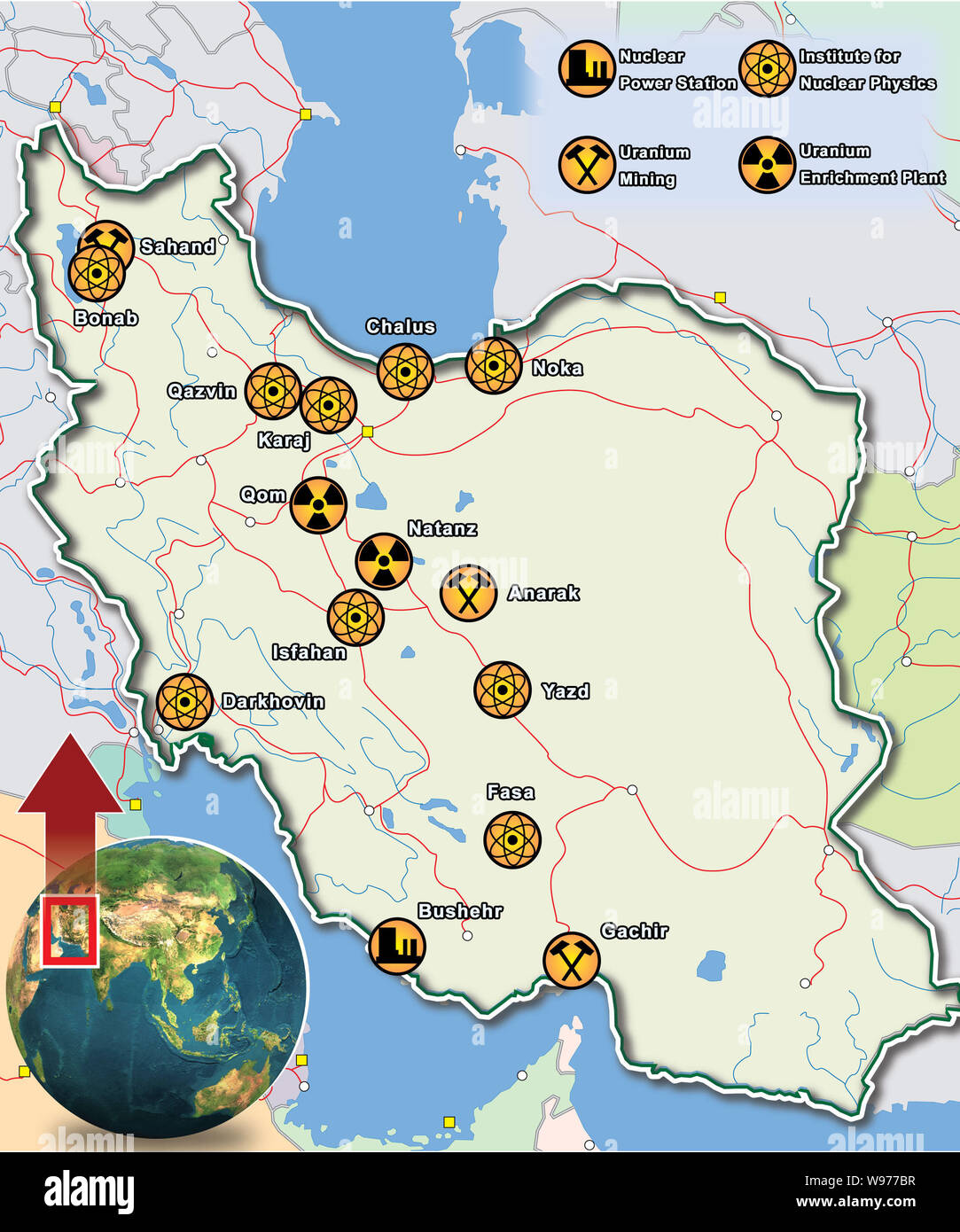Current Developments in Iran's Nuclear Facilities
The situation surrounding Iran's nuclear facilities has become increasingly tense, with significant developments reported in recent months. As of October 2024, the geopolitical landscape is marked by escalating threats and military considerations, particularly involving Israel and the United States. This report summarizes the latest news and insights regarding Iran's nuclear program and the international response.
Recent Incidents and Military Threats
Israeli Concerns and Military Options
On October 4, 2024, it was reported that Israel has not provided assurances to the Biden administration that it will refrain from targeting Iran's nuclear facilities. This comes in the wake of Iranian ballistic missile strikes earlier that week, which have heightened tensions in the region. According to a CNN report, Israeli officials are contemplating military responses, including potential strikes on Iran's nuclear sites, as retaliation for the missile attacks.
Iran's Nuclear Advancements
Iran has been actively expanding its nuclear capabilities, particularly at the Natanz and Fordow facilities. A recent Associated Press article highlighted that a new underground facility at Natanz may be fortified against potential airstrikes, including those from bunker buster bombs developed by the U.S. military. This development raises concerns about the effectiveness of any military action aimed at curtailing Iran's nuclear ambitions.
U.S. Position on Military Action
President Joe Biden has publicly opposed any Israeli military action against Iran's nuclear sites, urging restraint in response to the recent missile barrage. This stance reflects a broader strategy to prevent further escalation of conflict in the Middle East. Biden's administration is attempting to balance support for Israel while also advocating for diplomatic solutions to the ongoing tensions.
Political Reactions and International Dynamics

Former President Trump's Stance
Former President Donald Trump has criticized Biden's approach, urging Israel to take decisive action against Iran's nuclear facilities. During a recent rally, Trump emphasized the importance of targeting these sites, framing it as a necessary response to Iran's aggressive actions. His comments reflect a significant divergence from the current administration's more cautious approach.
The Role of the United Nations
The International Atomic Energy Agency (IAEA) continues to monitor Iran's nuclear activities, but reports indicate that the agency faces challenges in gaining full access to Iranian facilities. The U.N. nuclear watchdog has expressed concerns over Iran's advancements in uranium enrichment, which are nearing weapons-grade levels. This situation complicates diplomatic efforts and raises alarms about potential nuclear proliferation.
Key Facilities and Their Significance
Natanz and Fordow
The Natanz facility is central to Iran's uranium enrichment efforts, while Fordow is known for its fortified underground operations. Both sites have been the focus of international scrutiny and are considered critical to Iran's nuclear program. Recent satellite imagery has revealed significant activity at these locations, suggesting that Iran is not only continuing its enrichment processes but also enhancing its capabilities.
Implications for Regional Security
The potential for military action against Iran's nuclear facilities poses significant risks for regional stability. An Israeli strike could provoke a severe retaliatory response from Iran, potentially leading to a broader conflict involving multiple nations in the region. The U.S. has expressed concerns about the ramifications of such actions, emphasizing the need for diplomatic engagement over military solutions.

The situation surrounding Iran's nuclear facilities remains fluid and complex, with significant implications for international relations and regional security. As tensions escalate, the responses from both Israel and the United States will be critical in shaping the future of Iran's nuclear ambitions and the broader geopolitical landscape. The ongoing developments underscore the delicate balance of power in the Middle East and the challenges of addressing nuclear proliferation in a volatile environment.
For more detailed updates, you can follow the latest news on this topic through various news outlets, including CNN, AP News, and NBC News.





